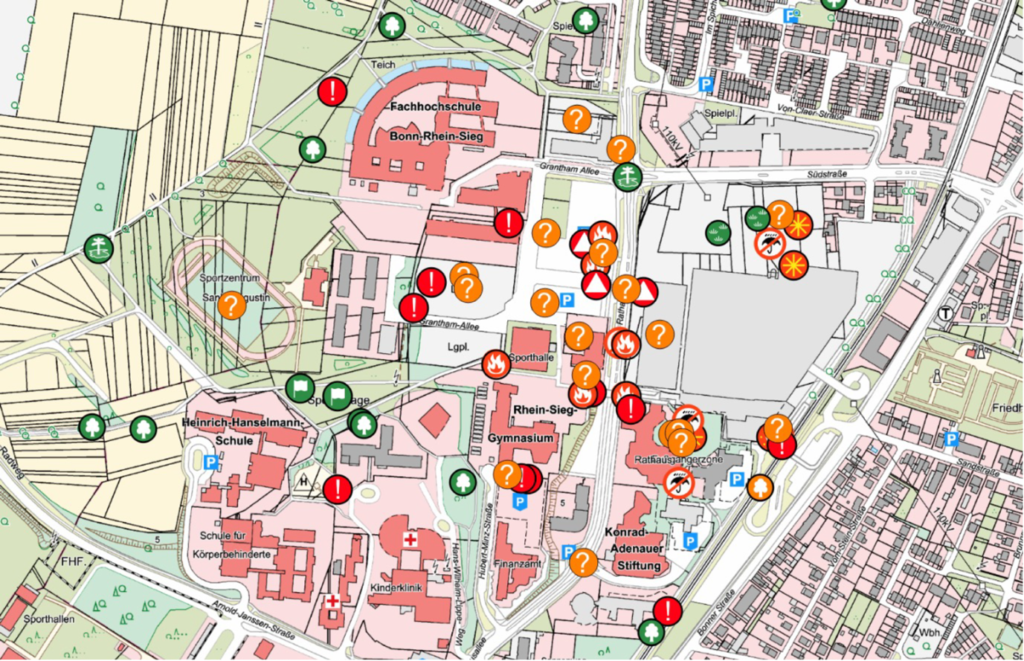City Know-hows

Are you prepared for the health risks of extreme heat? Our study shows that exposure to extreme heat increases the risk of mortality from Non-Communicable Diseases. Check out our systematic review of the effects of extreme heat, both indoors and outdoors, on health in the UK.
Share
Target audience
Climate and Health interests and organisations
The problem
Our study aims to address the research gap on the links between extreme heat and non-communicable diseases in the UK. While the dangers of climate change are of global concern, and the adverse effects of climate change on health are well-established, there is limited systematic review evidence on the effects of extreme heat in homes on non-communicable diseases and related risk factors.
What we did and why
We conducted a systematic review of empirical studies that reported on associations between heatwaves/extreme heat and the risk of non-communicable diseases. Our review includes 24 studies published between 1996 and 2021, with a focus on the links between heat exposure and mortality, emergency hospital admissions, and lost life years. We conducted this study to understand better the historic and potential impacts of extreme heat on health and wellbeing to assist with planning interventions that may mitigate impact.
Our study’s contribution
This study adds to the literature on the impacts of heat exposure on health and well-being by utilising a transparent and robust method for evidence synthesis.
Impacts for city policy and practice
The review highlights the need for sustainable urban development strategies:
Further information
Full research article:
A systematic review of the impacts of extreme heat on health and wellbeing in the United Kingdom by Ige-Elegbede, Janet, Jane Powell, and Paul Pilkington.
Related posts

New research explores if and how mosquito-borne diseases are considered in city resilience, and provides recommendations on how cities can integrate mosquito-borne disease prevention and control into their resilience approach.

Citizen science projects can form the basis for sustainable and inclusive urban development in accordance with SDG 11. Citizens, researchers and city authorities work together to explore the city and implement urban planning that meets the needs of all those involved in a city.

Discover how our innovative audit tool transforms urban parks into activity-friendly spaces. Designed specifically for dense city areas, this tool helps decision-makers enhance park features, promoting healthier and more active communities.